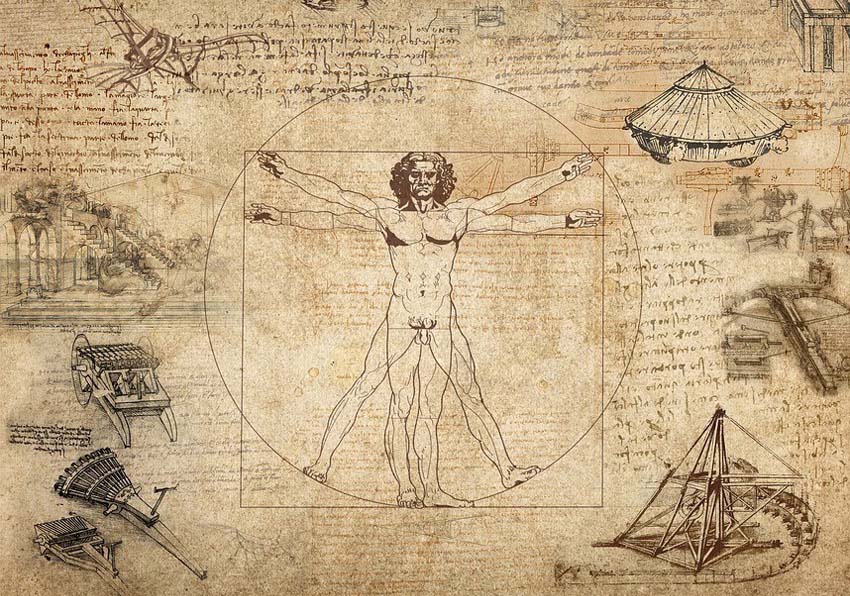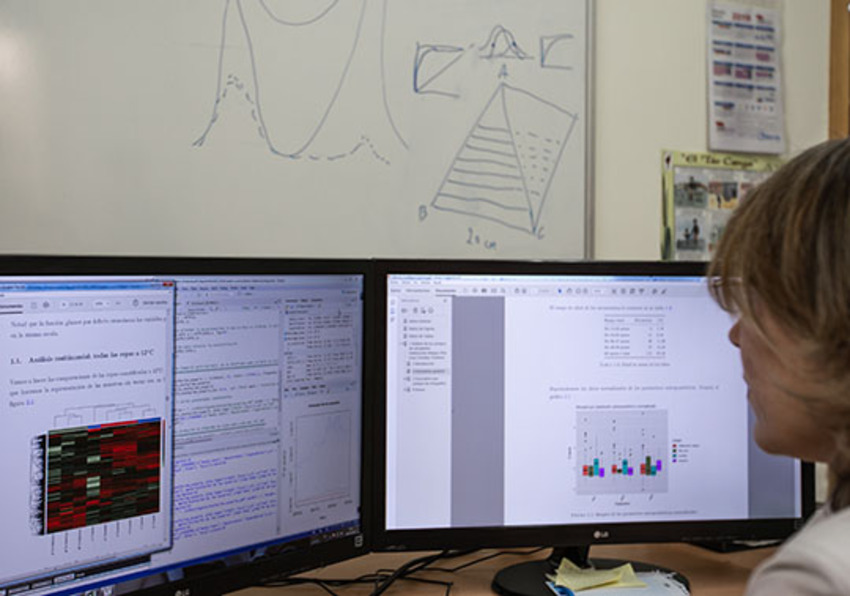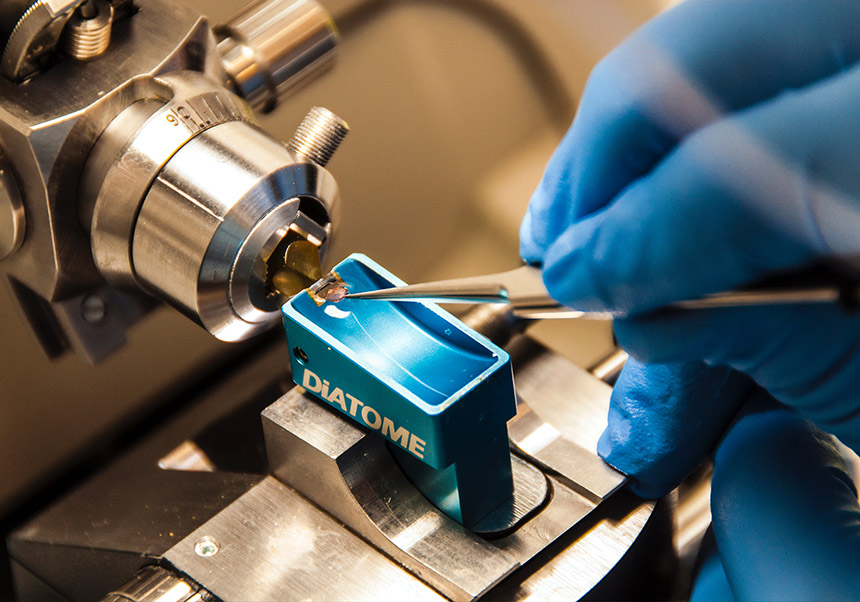Annexes are an integral part of a contract and they must be drafted with as much care and attention as the rest of the document.
Typical annexes include:
Technical report:
– This document contains all of the technical characteristics of the project.
– As an integral part of the contract, it establishes the obligations among the parties.
– For R+D+I, studies, consultancy or technological support contracts, you must specify in clear, detailed and concrete terms all the elements that must be developed in order to fulfil the purpose of the contract, including a detailed account of the technical elements, project milestones, work plan, expected timetable and resources that will be used.
– If the execution of the project is carried out on UV premises and requires the presence of the contracting party’s staff to assist in the work, approval from the Head of the Department, ERI or Institute must be obtained.
– It is important to remember that contracts regulating the development of R+D projects must clearly stipulate that the purpose of the work to be carried out is not to achieve a result but rather to perform a specific activity that is supported by all necessary resources.
– A technical report must include the following:
i. Objective – The project must address a genuine issue or meet the expressed needs of the contracting entity. The desired outcome must be clearly and concisely defined.
ii. Background – Please provide a clear explanation of the need or problem the project is designed to address, along with a concise overview of the current state of the art.
iii. Work plan – This should be divided by tasks or work packages, with each item including a title, description, expected start and end dates, participants and deliverables (indicating what they will consist of). A diagram or graph may also be included to demonstrate the project timetable for tasks and deliverables.
iv. Deliverables – Please indicate of what they will consist.
– When the technical report pertains to a training course, it must also include a brief description, the teaching programme, a timetable with dates and the location if the course is to be taught face-to-face.
Participating staff:
– The names of each and every one of the UV staff members forming part of the team must be identified.
– All team members from the UV must have signed a Responsible Declaration of Absence of Conflicts of Interest (DACI) prior to signing the contract.
– Similarly, all pre-doctoral participants, regardless of the type of contract, must obtain authorisation from their thesis supervisor prior to undertaking any activity.
– Teaching and research staff from other universities and research staff from other public or private organisations must confirm the compatibility of the activity with their regular duties or obtain express authorisation from their centre prior to undertaking any activity.
– In the case of temporary collaborators and experts who are civil servants from other public administrations, they must provide express compatibility prior to undertaking any activity. In all other cases (non-civil servants), they must be invoiced as an external service.
– Should any departures or new incorporations of research staff occur during the execution of the activity, the PDI responsible must notify the Contracted R+D+I Section in order to update the work team. Such updates must be made before the contract period expires.
– Staff from the UV who wish to participate in contracts that will be carried out at other universities must request prior authorisation from the Office of the Vice-Principal responsible for this matter, through the Contracted R+D+I Section.
Economic report or budget:
Please note that there is no obligation to include a financial breakdown of the work to be carried out, unless expressly requested (i.e., minor contracts, tenders or consortium agreements governing cooperative public calls for proposals). However, there are clear guidelines to follow when drawing up the budget and calculating the total cost. This information is further detailed here.














